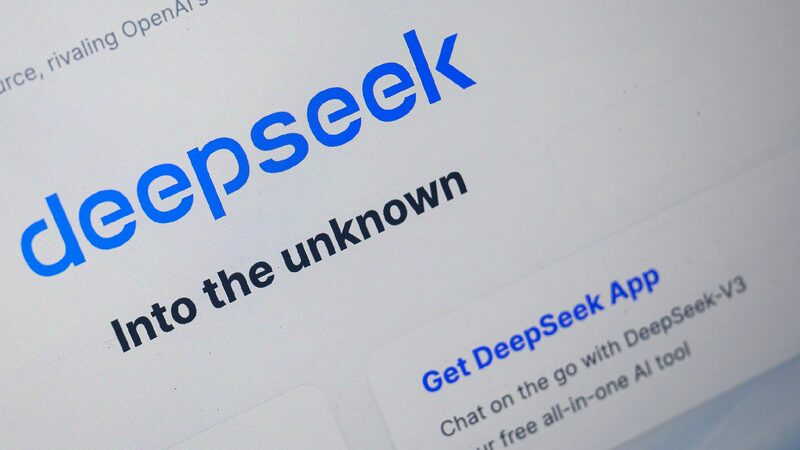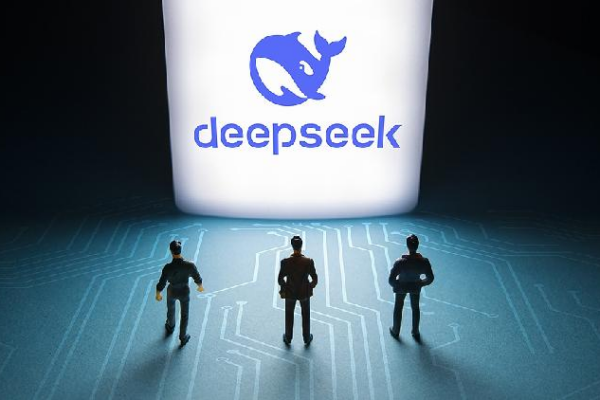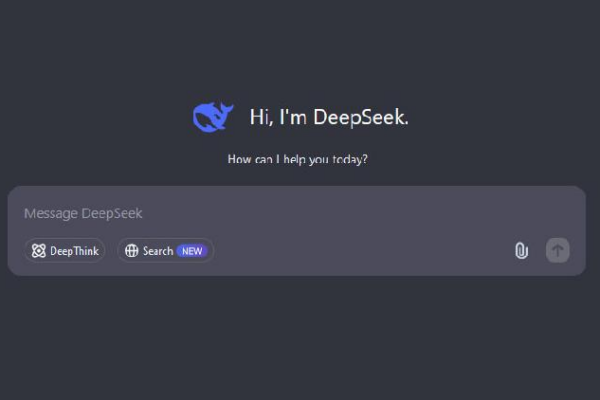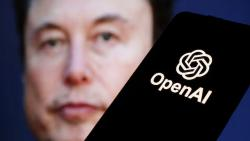In a surprising turn of events, Chinese artificial intelligence company DeepSeek has launched a groundbreaking AI model that is shaking up the global tech industry. Despite stringent U.S. sanctions aimed at hindering China’s technological progress, DeepSeek’s new model, DeepSeek-R1, is making waves worldwide.
DeepSeek-R1 is an open-source reasoning language model that rivals leading AI solutions like OpenAI’s ChatGPT. It excels in complex tasks such as mathematics, coding, and logical reasoning. What sets it apart is its cost efficiency—it operates at 20 to 50 times lower cost than its American counterparts. This affordability makes advanced AI technology accessible to countries around the globe, especially in the Global South.
The launch of DeepSeek-R1 had an immediate impact. The company’s chatbot application soared to the top of the Apple App Store’s download charts, surpassing all competitors. Meanwhile, tech stocks, particularly those of AI hardware providers, experienced significant declines. This event has been dubbed “AI’s Sputnik moment,” signaling a major shift in the technological landscape.
The U.S. sanctions, which were designed to limit China’s access to high-end semiconductor technology, appear to have backfired. Instead of slowing down innovation, these restrictions have spurred Chinese companies to develop alternative solutions. DeepSeek’s success demonstrates that innovation thrives under pressure and that competition drives technological advancement.
This situation raises important questions about the role of competition and protectionism in the tech industry. Should nations impose restrictions on foreign companies that outperform their own, or should they encourage domestic innovation to meet the challenge? History suggests that embracing competition leads to greater progress. For example, when American automaker Ford revolutionized mass production in the early 20th century, other countries adapted and innovated rather than imposing sanctions.
Global leaders are taking note of these developments. Chinese Foreign Minister Wang Yi has called for international cooperation in AI governance, proposing that the United Nations establish a global AI governance body. The goal is to ensure that AI development is inclusive and beneficial to all, leaving no one behind.
As the world stands at a crossroads, the rise of DeepSeek serves as a reminder that technological progress is best achieved through open competition and collaboration. Policymakers have the opportunity to foster an environment where innovation flourishes, benefiting people around the globe.
Reference(s):
AI's 'Sputnik moment'? Competition makes technology grow, not bans
cgtn.com








